Radio Show! Podcast! What's the difference?!
We are amidst what could conceivably be the second golden age of radio, catalyzed by the internet, whose existence, for better or worse, can largely be seen the savior of radio--mostly because of the podcast.
"Podcast?" you ask. "Is that like a radio show?" you muse.
Sort of.
We find ourselves explaining the difference between a radio show and podcast often enough that this blog post feels both needed and responsible.
A radio show is not a podcast. A radio show is a show that is produced and aired live on a station. It is the same length in time when it goes to air. It can be pre-recorded, produced, finished, and then aired on the radio and it is still a radio show. Think about nationally syndicated programs such as 99% Invisible, This American Life, Fresh Air with Terry Gross, or RadioLab. These are pre-recorded, highly produced programs that air on your favorite radio station at specific day and time. They shows will adhere to special FCC profanity and content rules.
A radio show can be podcasted (yes that's a word). This is not an archive. An archive is where past programs are stored for on-demand listener access. The shows usually aren't modified. A podcasted version of a radio show has been edited to include content that isn't allowed on the airwaves. Usually swear words or graphic discussions about sex, abuse or violence. Sometimes podcasts can be shortened or super long versions of any given show. And sometime a podcasted show might be something that is recorded, produced, finished and never even hits the airwaves. It just lives on the show's website.
'But wait! Isn't that an archived show?!" you ask. No. Because it never aired live on the airwaves, isn't being saved in an unaltered version and could include language or subject matter that isn't allowed by the FCC to be broadcasted. Stuff that is obscene, indecent or profane.
So what's a podcast, then?
A podcast is audio only. Sometimes it could have a companion video. I see you, This American Life and StoryCorps. Podcasts have a name. Some podcasts are: The Heart, The Racist Sandwich, S-Town, Love and Radio, the Mental Illness Happy Hour, 2Dope Queens, and the list goes on.
Podcasts are episodic. They could be serialized, thematic, character driven, whatever. A podcast should have episodes. If there is a only one episode, then it's a story, project, documentary, interview, again--whatever. The episodes can be released at regular intervals, but they don't have to be. The episodes can be the same length but they don't have to be.
Podcasts are usually pre-recorded and highly produced--but not always. When starting out, audio engineers and producers should not expect to be able to create something that sounds like RadioLab. One episode of RadioLab can cost up to $100,000.00USD to make. I assume this partly has to do with the fact that sometimes producers will rewrite a RadioLab script 47 times. These are some things I overheard at Third Coast last year.
Podcasts can be accessed almost everywhere. On websites, on iTunes, on Soundcloud, on PRX, on Stitcher, everywhere. Radio show archives, are usually accessed on the website of their home station (WNYC, WBEZ, KALW, KQED, KPCC, NPR), but they might have their own website too. Radio shows will always station ID, a la "from WHYY, this is..." or "from WNYC, this is..." A podcast never has to station ID, but if they're getting support from a station, it's considered rude if they don't. Some stations will also require it. It's pretty common these days that a podcast will have a fiscal sponsor (or sponsors). ZipRecruiter anyone?
At KGPC-LP we host both podcasts and radio shows. We air the following podcasts: Reckonings, Esto no es radio, East Bay Yesterday and Original Voices. We have two live call-in shows: Date Talk Live and Feel Alright. The rest of our shows are produced live in studio and rebroadcasted at different times throughout the week. Stay tuned as we add even more shows to our show roster this fall!
If you want to start a show or launch podcast with KGPC, fill out our pitch page!
To learn more about making radio, read all the articles on Transom.org, a fantastic resource for all your audio educational needs. Or reach out to us at kgpc969(at)gmail(dot)com!
Over and out.
-KS
